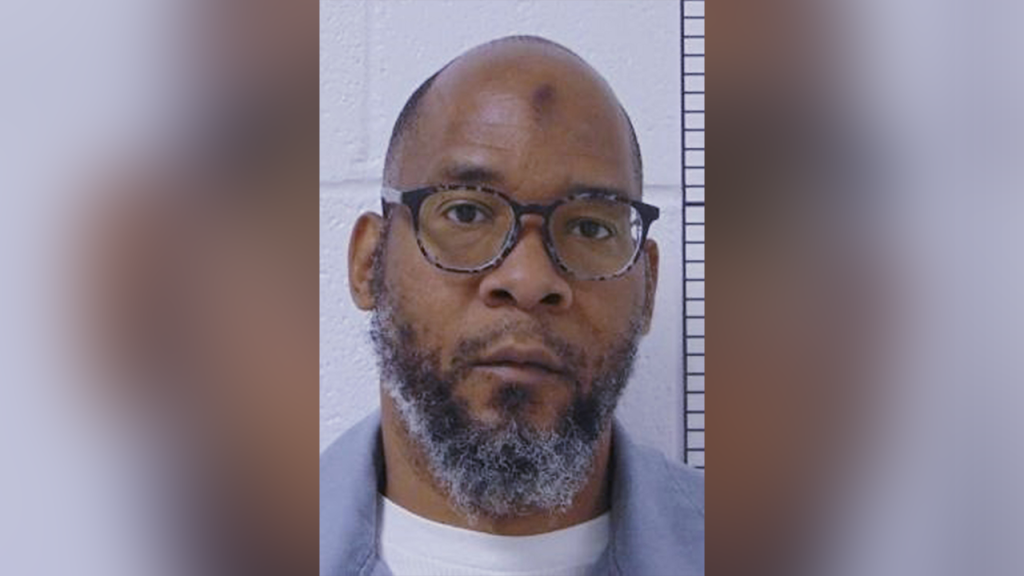Marcellus Williams, a 55-year-old inmate in Missouri, is set to be executed for the murder of Lisha Gayle, a social worker and former newspaper reporter who was stabbed more than 40 times during a burglary in 1998. Williams has maintained his innocence, but both the Missouri Supreme Court and Governor Mike Parson have denied his efforts to avoid execution. Parson rejected Williams’ clemency request and the state Supreme Court rejected a request for the execution to be halted for further review. There have been allegations of procedural errors in jury selection and the prosecution’s mishandling of evidence, but the courts have affirmed their decision to proceed with the execution.
Despite nearly 25 years of litigation in state and federal courts, there is no credible evidence of actual innocence or any constitutional errors undermining confidence in the original judgment, according to Judge Zel Fischer. Williams’ attorneys have made an appeal before the U.S. Supreme Court, which is still pending. Parson believes that Williams’ lawyers have had ample opportunities to make their case, and he has not seen anything to suggest Williams’ innocence. St. Louis County Prosecuting Attorney Wesley Bell has expressed doubts about Williams’ guilt and plans to appeal the Missouri Supreme Court ruling to the U.S. Supreme Court. Organizations like the Midwest Innocence Project claim that the potential execution of an innocent man raises serious questions about the legitimacy of the criminal justice system.
During Williams’ original trial, prosecutors alleged that he broke into Gayle’s home, found a knife, and fatally stabbed her when she confronted him. Evidence included a stolen purse and laptop, as well as testimony from a cellmate who claimed Williams confessed to the crime. This would be the third execution in Missouri this year and the 100th since the state resumed executions in 1989. Williams has previously come close to being executed, with a stay granted in 2015 for additional DNA testing and another stay in 2017 as a panel of judges examined his case. Concerns about DNA evidence and improper handling led to a plea deal that was ultimately blocked by the state Supreme Court, resulting in the current legal battles.
The debate over Williams’ guilt has focused on alleged racial bias in jury selection and the prosecution’s handling of evidence. Despite these claims, the state Supreme Court has upheld the original conviction and death sentence, emphasizing that all arguments had been previously rejected. Governor Parson, who has never granted clemency in a death penalty case, remains firm in his decision to proceed with Williams’ execution. The involvement of various legal organizations and lawmakers in questioning Williams’ guilt highlights broader concerns about wrongful convictions and the use of the death penalty in cases where guilt may not be certain.
The execution of Marcellus Williams is a complex and controversial case that raises questions about the criminal justice system and the use of the death penalty. Despite ongoing efforts to prove his innocence, Williams has been unsuccessful in his appeals, leading to his impending execution. The involvement of multiple levels of the legal system, including state and federal courts, highlights the challenges faced by individuals seeking to overturn their convictions. The decision to move forward with the execution has sparked debate and criticism from advocacy groups and officials, underscoring the broader issues surrounding capital punishment and the potential risks of carrying out irreversible sentences. As the case continues to unfold, it remains a focal point for discussions on justice, fairness, and the need for transparency in legal proceedings.


